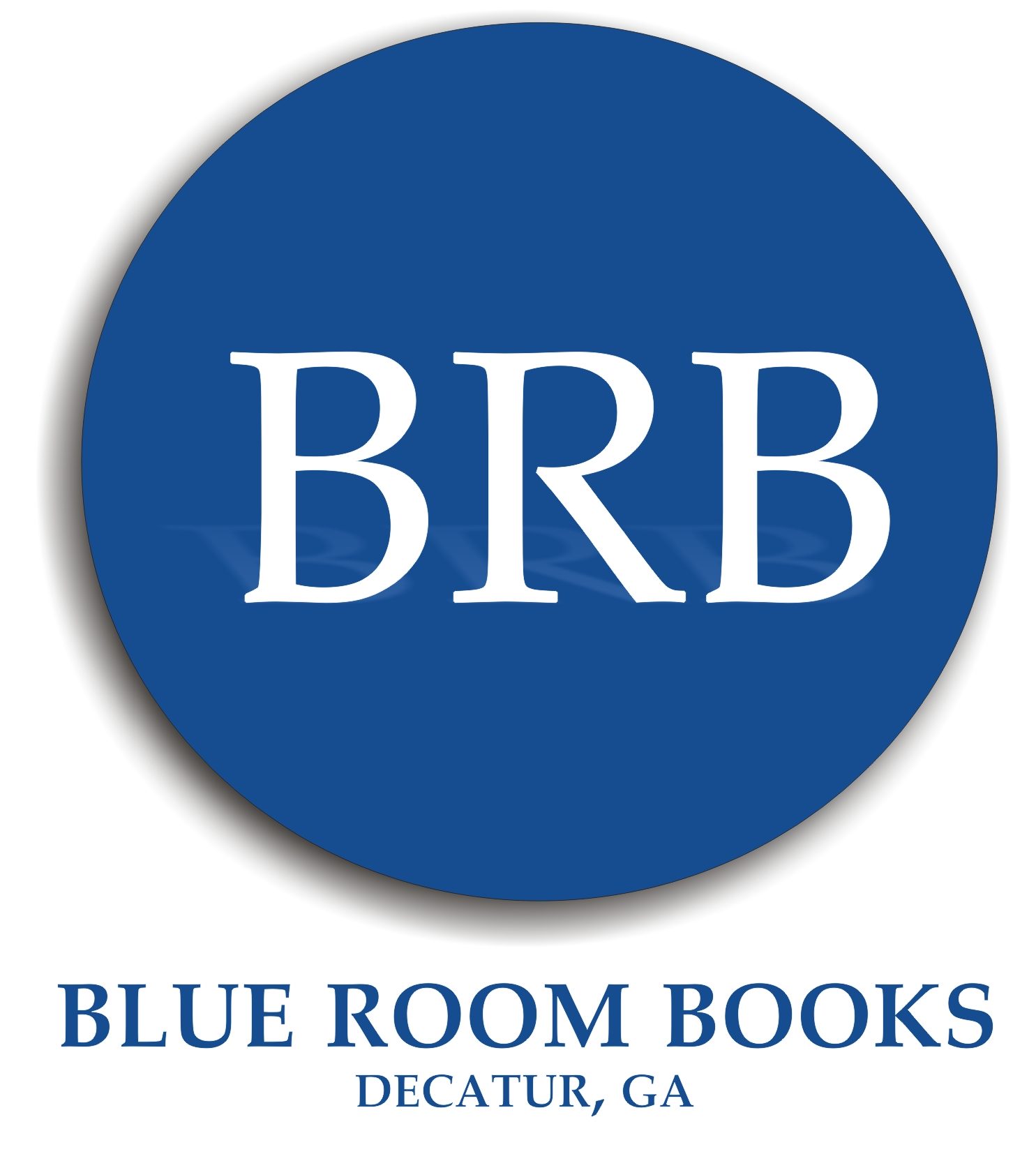Our publisher, Angela K. Durden, met W.F. “Fred” Whitson several years ago in a writing critique group. Fred was working on a novel or two. Lots of hard work. Interesting plots. His problem was that he was a technical guy. Retired Air Force who later became an attorney, he was used to writing straight, blunt, and almost cryptic sentences.
Emotion? Motive? What did one need these for? “Just the facts, ma’am and not a few acronyms” was how he wrote. Critique members’ heads were spinning. We could see the “bones” of the story, but where was the flesh?
And then came the comments from the group. Fred took notes furiously, even asking questions to clarify a comment so he would understand it. Then he smiled and laughed and said, “Well, I see I’ve got a lot to work on.”
And work he did. Over and over and over he rewrote chapters, bringing in each, listening to comments, taking more furious notes, clarifying, nodding, laughing, smiling. “Well, at least I made a little headway,” he’d say.
Fred did not let his creative muse rule him. He harnessed it, and let it learn. Then one day he came in with a rewrite and damn, the lightbulb was turned on bright. We could see all that we’d been talking about had finally connected.

From that point on his writing only improved. Improved so much that we were willing to publish “The Librarian”. Even that, though, needed work.
Anytime an author works for a long time on a book, well, there are bound to be lapses of information. Character names changed, misspelled. Plot points dropped without denouement.
And if, like Fred’s book, the story is based on real historical events, lots of fact-checking about the event itself (date, place, spellings) as well as public figures names confirmed, etc., and even this: Does the fiction align with the real where they overlap?
It involves a lot of work and a willingness to question, confirm, and not be in a hurry.
Fred also paid a consultant’s fee to a retired spy to review one character’s trade craft and sent the book to military officers for review. “Had he forgotten anything important? Had he made a mistake?” Those changes were incorporated into the book.
Besides that, two editors (story and line) have already been through the book five times with a couple more to go before we pull the trigger and publish.
We prefer to work with writers who don’t take questions from us as if they were personal assaults on their character. As a publisher, our job is to represent a title to the public. That same public is being presented with thousands of other titles. How can we differentiate ourselves from the others so that the buying public will want to purchase our titles?
We are in a marketplace. We never forget that. And thank goodness Fred is one who understands that.
The publishing model has changed. It will never be what is once was. Even established authors, who in the past had massive sales, are seeing a decline in their royalties. The Big 5 publishers are now the Big 4 due to acquisitions because of market forces bringing down pressures on their operations.
The publishing business is being reinvented. Nobody knows where it’s going. Nobody knows.
Nobody. Knows.
